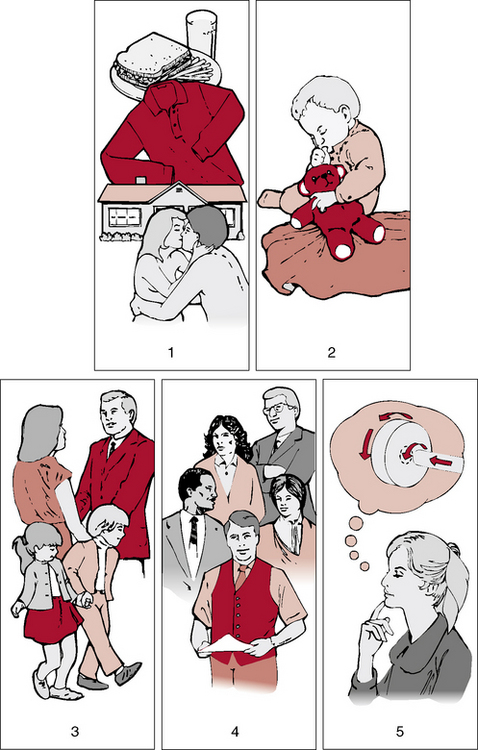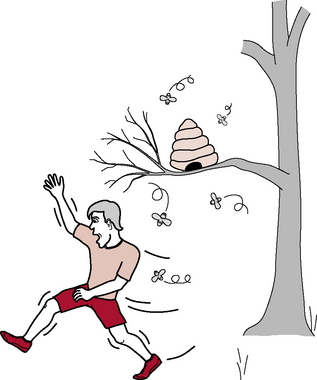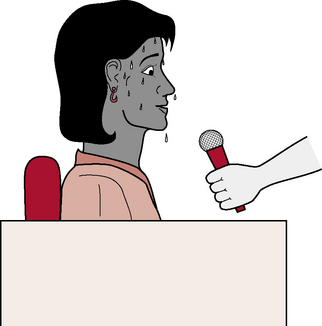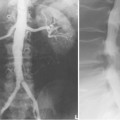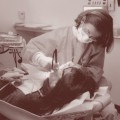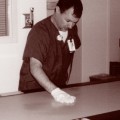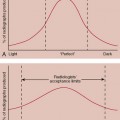CHAPTER 2 On completion of this chapter, you should be able to: • Identify the needs common to all individuals. • Describe physiologic needs and their effect on learning. • Describe the way you perceive the world and your unique pattern of behavior for satisfying your needs. • Examine your lifestyle to identify causes of stress and conflict. • Examine your values and determine what is and what is not important to you. • Describe ways in which conflict may be resolved. • Increase your skills in memory and recall. • Explain how perception is influenced by your memory of sights, sounds, and events. • Improve your listening skills and reading effectiveness. • Examine inaccurate memory and distortions in remembering and explain the theories for why these inaccuracies occur. Human needs are complex. Some are unique to the individual, and others are common to everyone. Abraham H. Maslow, a noted psychologist, described a hierarchy of human needs that ranges from basic needs that are essential to life (e.g., food, clothing, shelter) to the highly complex, psychologic, and self-actualization needs (Fig. 2-1). Maslow’s hierarchy of needs is listed in the following order: Objectivity is the quality or state of being objective; that is, the ability to interpret a situation from an unbiased point of view rather than from your own subjective view. Learning to use rational thought in making decisions will enhance your objectivity. You will learn more about this in Chapter 3, “Critical Thinking Skills.” Learning to be objective about your behavior, as well as that of others, will help you become a mentally and emotionally healthy person. You seldom encounter the stress of a life-threatening event as did the early cave dwellers, but your body responds to stress in the same way (Fig. 2-2). Imagine being stalked by a hungry predator. Your heartbeat accelerates, your blood pressure rises, and hormones rush into your bloodstream to send sugar to your muscles and brain. Food digestion temporarily ceases so that more blood is available for energy. In this way, your body prepares to fight the beast or flee to safety. This type of acute stress, which requires a fight-or-flight response, is what McQuade and Aikman call the first primal stress. Because the body does not identify the source of the fear, it reacts in the same way when you get what is commonly known as “stage fright.” Stage fright is not life threatening, but for some, the fear they experience when speaking before a group is so intense that the body responds as if it were (Fig. 2-3). McQuade and Aikman also list two other types of acute stress that cause a primal body reaction.
Becoming a Better Student
Knowing your human needs
Psychologic needs
Objectivity
Emotional and primal stress
Becoming a Better Student

